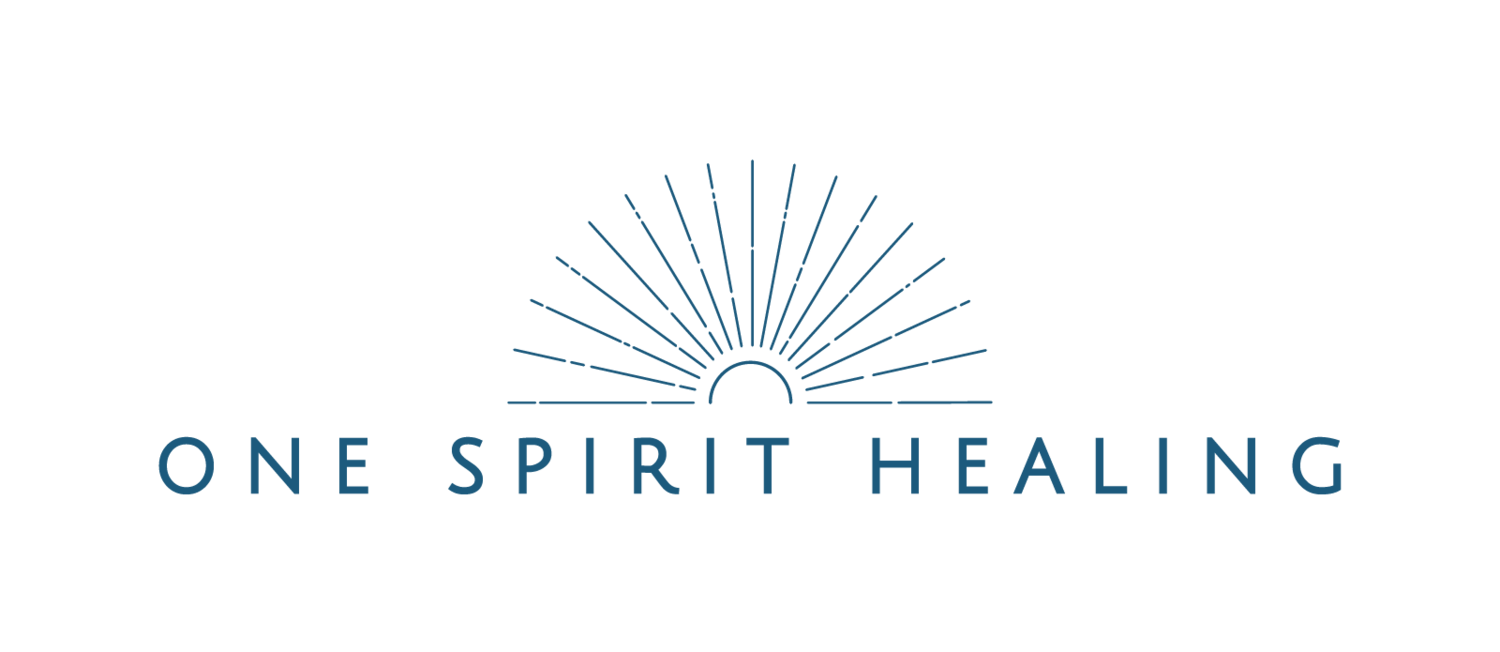General Overview
Traditional Chinese Medicine (TCM) is the term used to describe the medical system that developed along side humanity over 1000’s of years in China. It is the oldest, holistic medical system on the planet, and though it’s methods are different from Western medicine it is in fact functional medicine, meaning it seeks to restore normal bodily function.
TCM is best known for Acupuncture and Chinese Herbal Medicine but it also includes moxa, cupping, gua sha as well as diet, exercise, and meditation. In 2002, the World Health Organization (WHO) recognized Traditional Chinese Medicine (TCM) as one of the “oldest existing systems” for creating and maintaining health. The WHO’S commitment to integrating TCM into mainstream healthcare has opened the floodgates of funding for research into acupuncture and Chinese herbal medicine.
Since then scientific research not only supports that this model is effective but that it’s positive effects have a broad scope. Particularly in chronic health issues that do not respond to Western treatments.
Western researchers still don’t understand “how” it works and most don’t embrace the concept of “Qi”, however, they are consistently able to measure it’s positive effects.
My Clinical Experience
Whatever your Western diagnosis, it must be translated into a Chinese diagnosis in order to apply the Chinese system at it’s best. Working this way I am not guessing what might work, I know based on 1000’s of years of recorded clinical practice, what steps to take and what results to expect.
TCM, traditional Chinese medicine is based on empirical knowledge, knowledge gained from observation and use over time. This is what was handed down to me in school. Scientific knowledge is gained through scientific inquiry has further informed my practice.
However, there is third kind of knowledge, intrinsic knowledge, knowledge that rises naturally from within a person after they have immersed themselves in a subject so long it’s essential nature has become part of them. Intrinsic knowledge, is the knowledge that Masters in any field have acquired. When this kind of knowledge arises in my field the practioner is said to be a “superior doctor”. According to the ancient texts superior doctors have “special abilities”.
My practices of Yoga, meditation, and spiritual inquiry began long before my study of Chinese Medicine and were in fact the catalyst that pushed me into my profession. These schools of thought also inform my healing work because the nuanced complexity of these ancient approaches drive my process.
For 20 years I’ve used this holistic medical system to address my patients “five bodies” as described in Yoga philosophy.
Whatever my patient’s original complaint, most find that they catch fewer colds and flus, have increased energy and stamina, and a greater flexibility of mind and body. All this together enables them to better tolerate stress and enjoy life.
Additionally, there is deeper more subtle work I do to help my patients understand the nature of their problems. I call it the Five Body Integration Method. This subtle work is well suited for addressing trauma, transitioning through difficult life changes, as well as improving on the patients’ potential for self-care.

